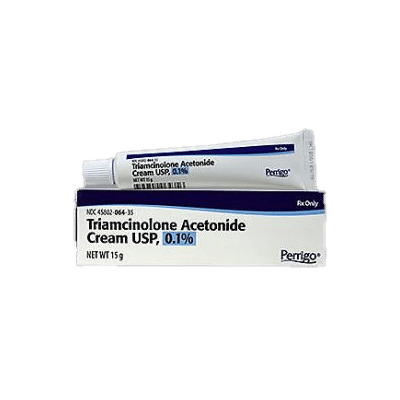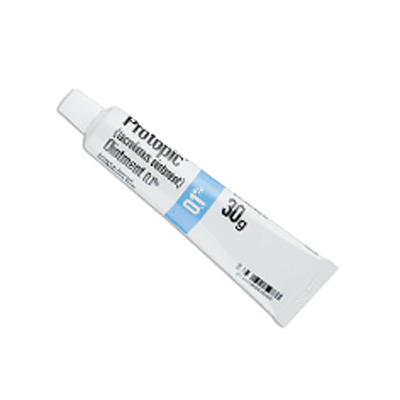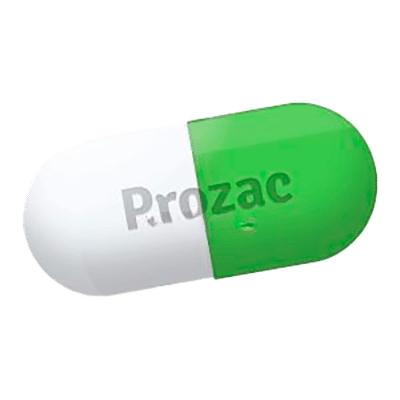Triamcinolone helped significantly improve my eczema. Previously, treatments had been ineffective, but with this medication, improvement was noticeable within just a few days.

Triamcinolone
- Quality products
- Support 24/7
- Fast delivery
What is it?
Triamcinolone is a synthetic glucocorticosteroid with potent anti-inflammatory and immunosuppressant effects. It is used to treat inflammatory processes and allergic reactions in the body. Among the main conditions for which Triamcinolone is used are rheumatoid arthritis, asthma, skin conditions such as eczema and dermatitis, and various inflammatory bowel diseases such as ulcerative colitis. Triamcinolone is also often used to treat severe allergic reactions and, to some extent, even in the treatment of certain types of cancer.
Composition
Triamcinolones composition is quite complex and includes several active and auxiliary components that ensure its action and stability. The main active ingredient is triamcinolone, a synthetic steroid that reduces inflammation and suppresses the immune system.
- Triamcinolone is the main active ingredient that provides the drugs therapeutic effect.
- Fillers and excipients include, for example, lactose, starch, or magnesium, which aid in tablet formation and improve stability.
- The tablet coating protects the active ingredient until it is fully released into the body.
Together, these components contribute to achieving the desired therapeutic effect while minimizing potential side effects.
How to use?
Triamcinolone should be used strictly according to your doctors instructions to avoid unwanted effects and maximize its effectiveness. Standard instructions for use are provided below, but please note that individual prescriptions may vary.
- Take the medication whole with plenty of water, during or after meals, to minimize possible stomach irritation.
- Do not chew or break the tablets, as this may affect their effectiveness and cause side effects.
- See your doctor regularly for monitoring, especially if you are taking Triamcinolone long-term.
It is important to remember the correct timing of administration to maintain consistent levels and achieve optimal results.
How does it work?
Triamcinolones mechanism of action is based on its ability to suppress inflammatory processes and the bodys immune response. It works by inhibiting the production of substances that cause inflammation, thereby reducing symptoms such as swelling, redness, and pain. This ability makes it effective for the treatment of various chronic inflammatory diseases and acute allergic reactions, where it significantly improves the patients quality of life.
Due to its unique chemical structure, Triamcinolone is able to penetrate cells and affect inflammatory processes at the cellular level. This makes it not only a potent but also a relatively fast-acting agent. Interestingly, its effect manifests not only in the symptoms but also at the root cause of the inflammation, resulting in a long-lasting effect.
Indications
Triamcinolone is indicated for use in a variety of conditions associated with inflammation and an overactive immune response. Its broad spectrum of indications explains its popularity in the treatment of various medical conditions.
- Rheumatoid arthritis and other forms of arthritis, where inflammation and pain management are essential.
- Asthma and severe allergies, where rapid relief of acute symptoms is important.
- Skin conditions such as eczema, psoriasis, and dermatitis.
- Inflammatory bowel diseases, including ulcerative colitis and Crohns disease.
- Certain types of cancer, where supportive anti-inflammatory therapy is essential.
These indications highlight the importance and versatility of Triamcinolone in medical practice.
Contraindications
Despite Triamcinolones effectiveness, like any medication, it has a number of contraindications that must be considered before beginning therapy. Following these recommendations will help avoid unwanted effects and ensure treatment safety.
- Hypersensitivity or allergy to Triamcinolone or its components.
- Systemic fungal infections, as the drug may aggravate these conditions.
- Patients planning or recently receiving live vaccines, as steroids may weaken the immune response.
Understanding and adhering to these contraindications is important for safe and successful treatment with Triamcinolone.
Side effects
Side effects are an important aspect to consider when using Triamcinolone. Like any medication, Triamcinolone can cause adverse reactions, although not everyone experiences them.
- Headaches and dizziness may occur in some patients, especially when first starting the medication.
- Digestive disturbances, such as nausea and abdominal pain.
- Weakness or muscle pain, which may be caused by the medications effect on electrolyte balance.
- Skin reactions, such as rash, itching, or dry skin.
While these effects usually resolve on their own, it is important to report any severe or persistent symptoms to your doctor.
Frequently asked questions
Triamcinolone Reviews and Experiences
After using Triamcinolone, I noticed a rapid disappearance of my joint pain. This made my daily life much easier and allowed me to return to active activities.
I was surprised at how effective Triamcinolone was in treating my asthma. My symptoms were significantly reduced, and I felt like I could breathe easier and more freely.









